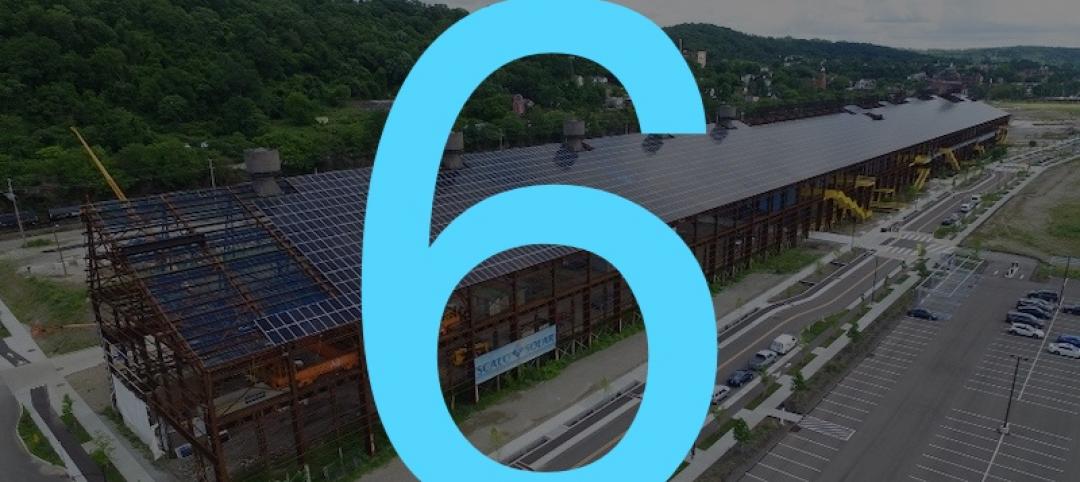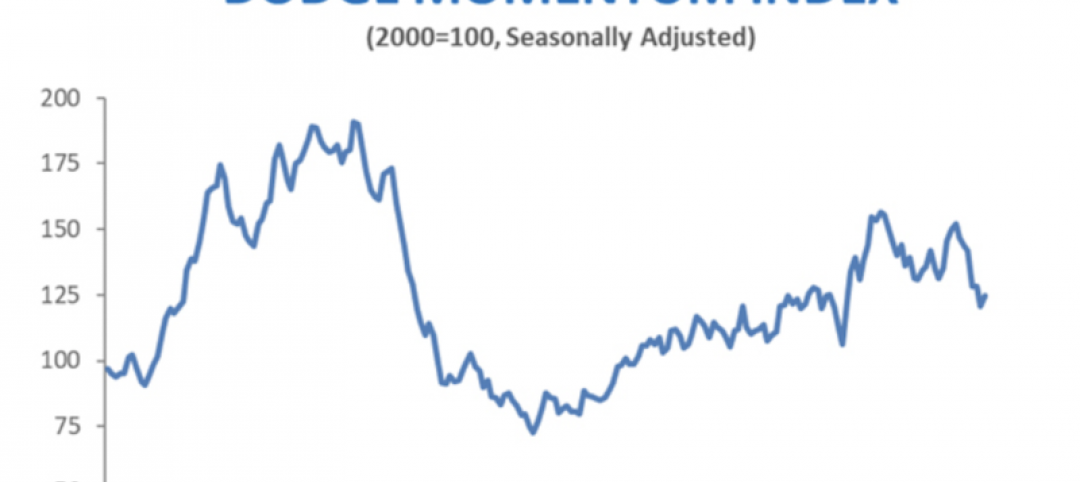The International Code Council conducted a follow up survey of building and fire departments to learn how code officials are coping with the professional challenges brought on by the COVID-19 pandemic. From August 11 through September 3, 2020, more than 800 respondents from all 50 U.S. states and the District of Columbia provided input. Respondents came from states as well as and local jurisdictions that range in size from 700 people to 4 million.
This survey builds on the results of a prior survey, undertaken in April when states were beginning to issue stay-at-home orders, to determine how departments have responded in the interim and how they are keeping up with new building permits and new construction during the pandemic months.
The results underscore the importance of additional federal resources for code departments. Although the U.S. Department of Homeland Security has determined the work of building and fire prevention departments to be essential to the nation’s response to the coronavirus pandemic—and no state has made a contrary determination—about half of survey respondents did not have the capability to remotely carry out critical aspects of their work. That’s an improvement from 6 in 10 in April, but still unacceptable given code departments’ vital role in communities' pandemic response, resilience, economic recovery and long-term success.
With many state and local governments facing severe revenue downturns resulting from the coronavirus pandemic, more than 4 in 10 respondents reported budget cuts this year, while a little less than half are expecting budget cuts next year. Only 1 in 10 respondents were able to access the $150 billion Coronavirus Relief Fund (CRF) that the federal Coronavirus Aid, Relief, and Economic Security Act (CARES Act, H.R. 748), provided to aid state, local, tribal, and territorial governments in response to this public health emergency.
Nearly all departments surveyed are performing inspections (98% now versus 93% in April) while nearly half still have key staff working remotely (47% now versus 66% in April). The results show small improvements in e-permitting (28% lacking that capability now versus 30% in April) and plan review capabilities (39% lacking that capability now versus 41% in April), with greater improvements in access to code materials (16% lacking access now versus 25% in April) and remote virtual inspections (50% lacking that capability now versus 61% in April). Local laws and departmental practices can restrict the use of virtual capabilities. Of the respondents that did not have e-permitting capability, or that had software that did not address all aspects of e-permitting, a little less than half pointed to policies that prohibit implementation of a more comprehensive solution with just less than 4 in 10 pointing to a requirement for submittal of hard copy plans.
“The results of this survey show how, in less five months, the Code Council’s governmental members have worked to ensure their departments can continue to protect public safety and spur economic activity in a virtual work environment,” said Code Council Chief Executive Officer Dominic Sims, CBO. “But too many departments have outstanding needs. It’s critical that sufficient resources to support building and fire prevention departments are provided by state and local governments through existing CARES Act funds and by the federal government through any subsequent economic stimulus package.”
In the coming weeks, the Code Council will produce a more detailed report on the survey’s findings, summarizing recommended best practices for remote work and policy considerations to facilitate the implementation of virtual solutions.
Related Stories
Market Data | Aug 17, 2020
5 must reads for the AEC industry today: August 17, 2020
5 strategies for creating safer hotel experiences and how to manage multifamily assets when residents no longer leave.
Market Data | Aug 14, 2020
6 must reads for the AEC industry today: August 14, 2020
The largest single sloped solar array in the country and renewing the healing role of public parks.
Market Data | Aug 13, 2020
5 must reads for the AEC industry today: August 13, 2020
Apple Central World opens in Bangkok and 7-Eleven to buy Speedway.
Market Data | Aug 12, 2020
6 must reads for the AEC industry today: August 12, 2020
UC Davis's new dining commons and the pandemic is revolutionizing healthcare benefits.
Market Data | Aug 11, 2020
6 must reads for the AEC industry today: August 11, 2020
Elevators can be a 100% touch-free experience and the construction industry adds 20,000 employees in July.
Market Data | Aug 10, 2020
Dodge Momentum Index increases in July
This month’s increase in the Dodge Momentum Index was the first in all of 2020.
Market Data | Aug 10, 2020
Construction industry adds 20,000 employees in July but nonresidential employment dips
Association warns skid will worsen without new relief.
Market Data | Aug 10, 2020
5 must reads for the AEC industry today: August 10, 2020
Private student housing owners reap the benefits as campus housing de-densifies and race for COVID vaccine boosts real estate in life sciences hubs.
Market Data | Aug 7, 2020
6 must reads for the AEC industry today: August 7, 2020
BD+C's 2020 Color Trends Report and HMC releases COVID-19 Campus Reboot Guide for Prek-12 schools.
Market Data | Aug 6, 2020
6 must reads for the AEC industry today: August 6, 2020
Oklahoma State's new North Academic Building and can smart buildings outsmart coronavirus?

















